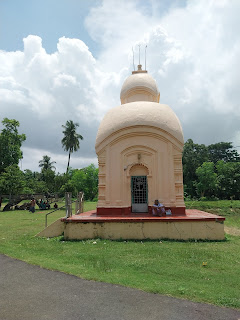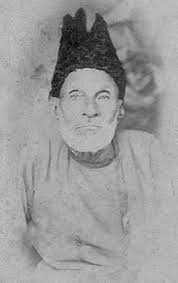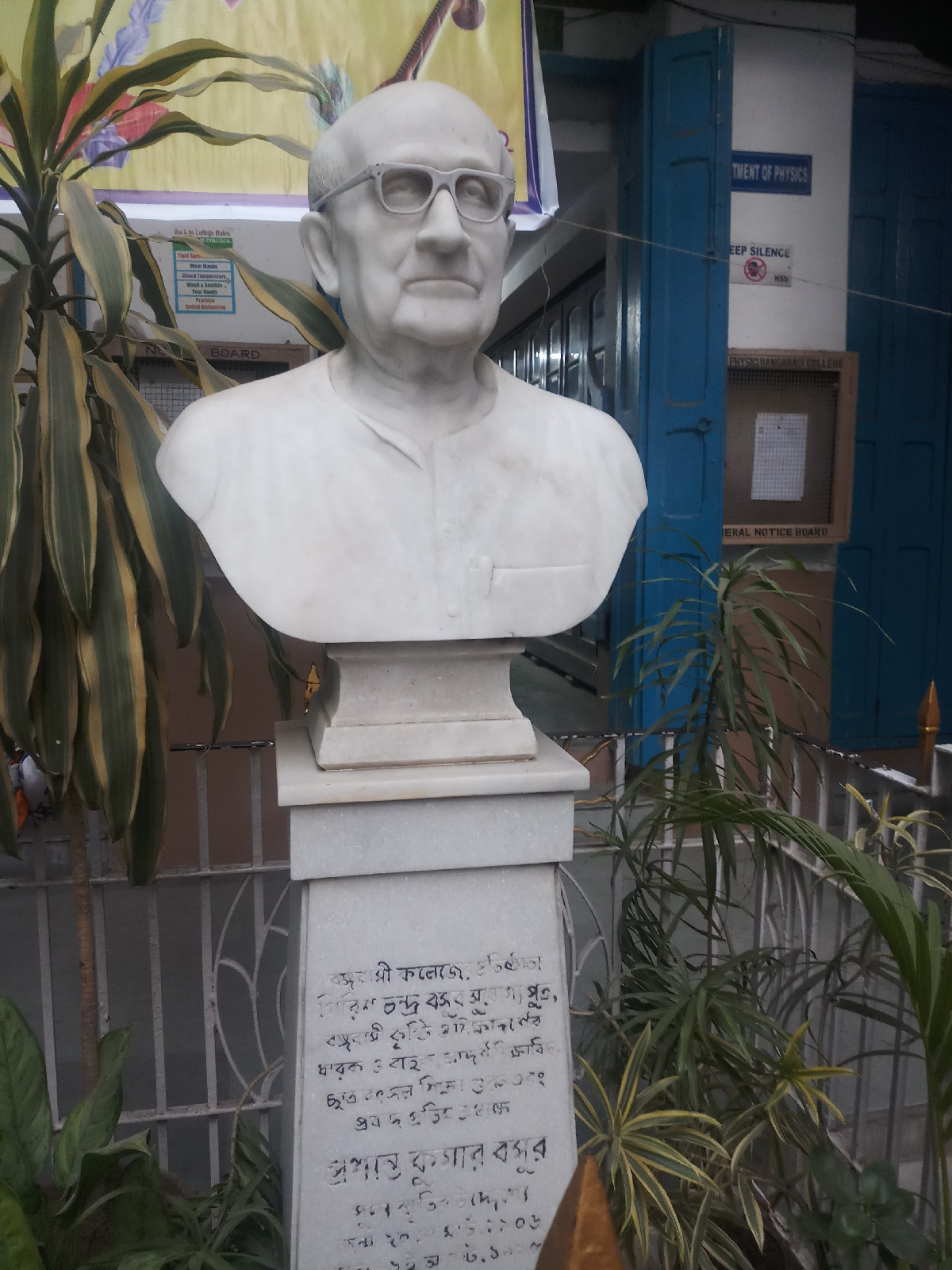- Antpur is a village in
the Jangipara, Hooghly district, the nearest rail station being Haripal or
Tarakeswar.
- Legend has it that Antpur, also called Aatpur, got its name drom Zamindar Atar Khan, while others say that it came from 8 villages that formed it.
- The most famous temple in Antpur is that of Radhagovindjiu
with exquisite terracotta carvings depicting stories from all the 18 puranas. The temple was built after the temples of Bishnupur. The intent was to capture Hindu fervour during the time of invasions by Muslim kings and European companies.
- This 100 feet high temple was constructed by Krishna Ram Mitra, the Diwan of
Bardhaman Raj in 1786. The Chandi Mandap and Dol Mancha have
beautifully crafted wood carvings and terracotta. The terracotta panels consist
of war scenes from Ramayana and scenes from day to day life. The aat chala
temples have a triple arched entrance.
- Antpur is the birth place of Baburam
Ghosh later known as Swami Premananda a direct disciple of Sri Ramakrishna. At
this property 24th December 1886, Swami Vivekananda along with eight
brother disciples renounced the world. The premises are now maintained by
Ramakrishna Math and Mission. This center carries out relief, educational and
spiritual ativities since1965 and made a branch of RKM in 1986. The Dhunimandapa
was constructed in 1981 in remembrance of the inspiration that Swamiji and his
fellow disciples received and the holy vow of Sannyasa that they took. On its
walls adorn sculptures of Thakur’s nine disciples. Terracotta pieces depicting
Thakur’s life add to the beauty and significance of the structure. The room
where Sri Sri Sarada Devi stayed during her visit on 5th February 1889
and 4th October 1894 are aesthetically maintained.
- About 30 minutes
ride from Antpur leads one to Rajbalhat. Rajbalhat or Rajpur is a town whose
ancestry can be traced back to the 16th century. One approaches the
place through lush green paddy and jute fields. It was once the capital of the
Bhursut (Bhurishrestha) empire. It is said that the last fisherman king of
Sanibhangar was defeated by Chaturanan Neogi. Krishna Roy grandson of Chaturanan
became the first Raja of Bhursut in near about 1583–84 AD. His great grandson
Pratap Narayan, was king from 1652 to 1684 AD and was honored with the title of
Raja. His son was Shiv Narayan, who was succeeded by his only son Naranarayan.
Either during the lifetime of Naranarayan or immediately after his death
Kirtichand, the king of Bardhaman, forcibly occupied Bhursut pargana at around
1719 AD.
- The garh (fort) of Bhursut Raj at Rajbalhat covered and adjoining
areas had been made a debottar property for the maintenance of the
temple of Rajballavi Thakurani at Rajbalhat. Here the six feet tall deity
is Shweta Kali (White Kali) with her right foot on Lord Mahakal
and left foot on the head of Lord Bhairab. The temple is thronged by
numerous devotees all year round and the pond adjacent to the temple bears
special significance.
 |
| Entrance |
 |
| The deity if Shweta Kali |
 |
| Adjacent pond |
- Handloom textile craftsmanship is prevalent here. During
the British period Rajbalhat was an important center of silk industry and in
1789 East India Company set up a Commercial Residency here.
- Dulal Chandra Bhar,
the father of the famous "Palm Candy" of Bengal hailed from
Rajbalhat.
https://en.wikipedia.org/wiki/Antpur
https://www.rkmantpur.org/dhunimandapa/
https://belurmath.org/ramakrishna-math-antpur/
https://en.wikipedia.org/wiki/Rajbalhat
https://rangandatta.wordpress.com/2011/11/07/rajbalhat-temples-textiles/



















































Comments
Post a Comment